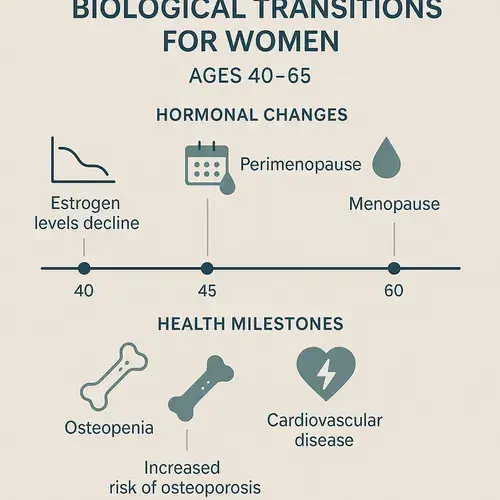What HIIT Really Is and How to Measure Intensity
HIIT workouts for women over 50 offer a powerful, time-efficient way to boost both energy and metabolism without spending hours or risking your joints. But how do you know you’re actually doing HIIT the right way?







